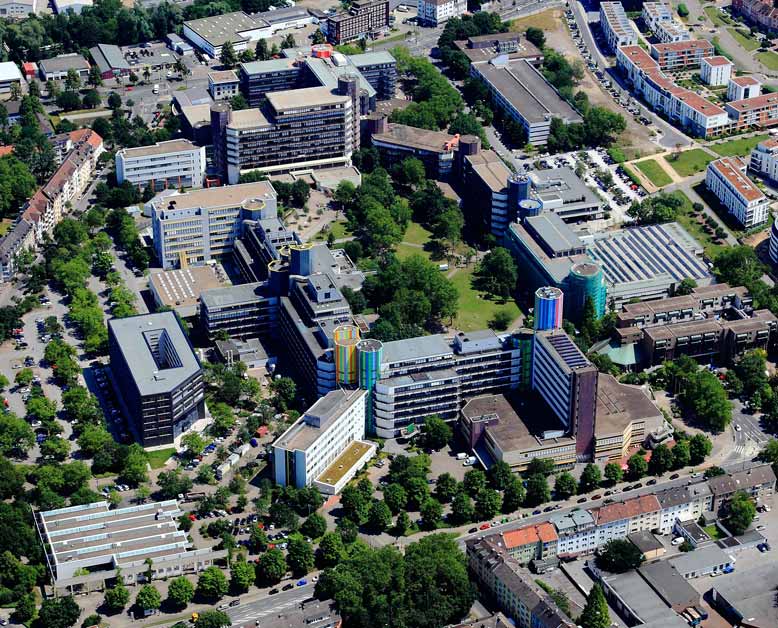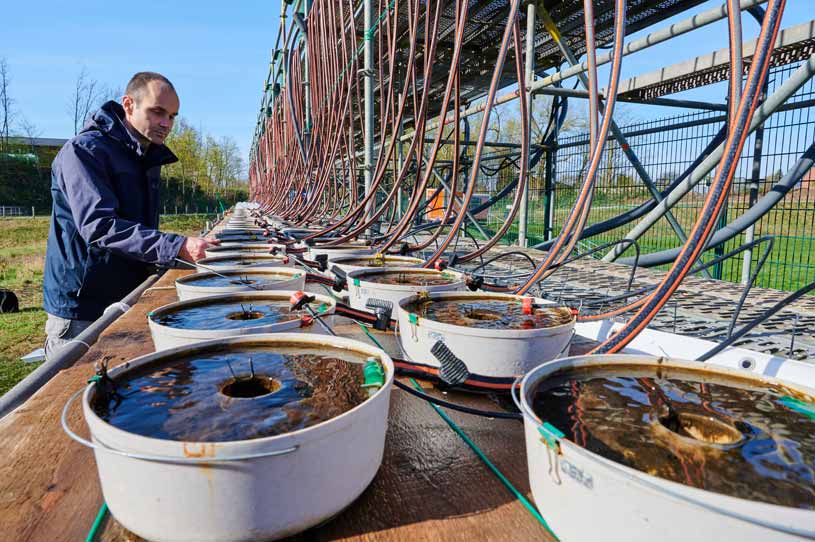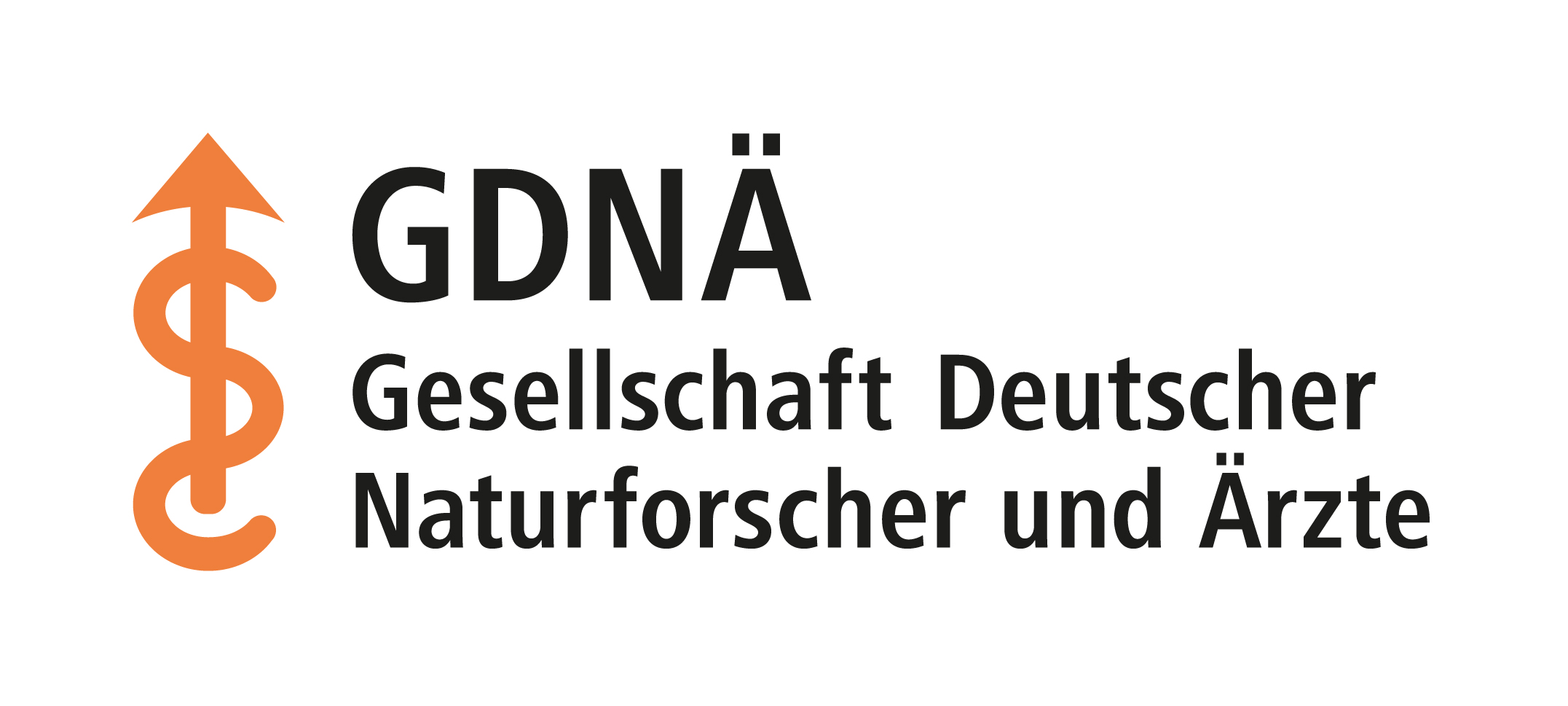“An important and great task”
Barbara Albert, chemist and rector of the University of Duisburg-Essen, on her first year in office, dealing with a cyberattack and focus topics in the Excellence Competition.
Professor Albert, you have been Rector of the University of Duisburg-Essen, or UDE for short, since spring 2022. How was your first year in office?
It was exciting and productive, but also challenging. As the University of Duisburg-Essen, we are part of the University Alliance Ruhr and this year we had the chance to establish a new Research Alliance that catapults our research into a new league. At the same time, we have vigorously pursued applications for the Excellence Strategy competition of the federal and state governments, as well as our sustainability initiative and the founding of a new faculty – to name just a few examples.
With what goal and what topics is your university entering the Excellence Competition?
Together with the Ruhr-Universität Bochum and the Technische Universität Dortmund, we are sharpening our research profile, for example in the field of neuroscience. Traditionally, however, drinking water and freshwater research is also very strong at the University of Duisburg-Essen. With the interdisciplinary Centre for Water and Environmental Research, which has been making a name for itself for twenty years, we have an internationally renowned scientific institution with impact at the UDE. Climate change requires a responsible and flexible approach to water as a resource, and that is why it was important for us to place the topic in the competition for excellence.
On 27 November 2022, you had only been in office for just over half a year, there was a major cyber attack on your university. What exactly happened back then?
Our IT infrastructure was attacked and data was encrypted. We discovered the attack on a Sunday morning and had to disconnect the entire university from the internet on the same day. We worked for more than three months to rebuild our IT infrastructure. Part of our data was published on the so-called Darknet.
How did your university react to the attack?
With great commitment from all members and enormous solidarity. Despite the technical difficulties, we were able to go through with the examination phase for the students at the beginning of February with more than one hundred thousand individual examination performances – that was a great achievement. But at the same time, even now, many of us are very stressed and drained, because all the involuntary extra work is getting to you.
The state government of North Rhine-Westphalia supported your university financially in dealing with the cyber attack. How is the cooperation with politics in general?
There is a strong awareness of the value of science in the state government. However, we need more support very urgently in the building sector. Many of our buildings were built in the 1970s and urgently need to be renovated. Others we want to build from scratch.

© UDE
Aerial view of the Essen campus of the University of Duisburg-Essen.
Politicians often associate science funding with the hope of economic benefits. How do you deal with this?
The hope is justified, because money that flows into universities often pays off in economic benefits – especially in the region around a university. And the Ruhr is a region that is willing and able to transform. It rightly sees itself as an innovation region. The starting point for an innovation is the invention, and where does that come from? First and foremost from the universities. The UDE, for example, has been doing hydrogen research for many years, which is in great demand from partners in the economy. In my rectorate team there is Professor Pedro José Marrón, a prorector for transfer, innovation and digitalisation. He takes care of the exchange with partners from business and society and energetically promotes entrepreneurial activities, for example the founding of start-ups, from within our university.
As a chemist, you have worked on the development of new materials. As a science manager, do you still have time for your own research?
I’m involved in Collaborative Research Centre 1487 “Iron, rethought!” and supervise – on weekends – the completion of individual doctoral theses. Unfortunately, there is not enough time for more. Saying goodbye to individual research was not an easy step, but it was a conscious one. I like being where I am now. Leading the UDE is an important and great task.

© UDE/Frank Preuß
Dr Daniel Grabner, coordinator in the UDE’s RESIST special research area, checks so-called mesocosm experiments. These replicate artificial mini-ecosystems and are filled with water from the Boye, a tributary of the Emscher. Various stressors are added to the water, i.e. factors that can negatively influence organisms.
You have been a member of the GDNÄ for a good ten years. What does it mean to you?
Professional societies like the GDNÄ play an important role as a contact and interface between science, civil society and politics. Their professionalism gives them credibility and neutrality. The GDNÄ in particular is exciting because of the diversity of disciplines it represents. This fits well with the aspirations of universities, whose special appeal for me is that scientific depth and expert knowledge are institutionally linked with professional diversity and breadth in aspiration. For the future of the GDNÄ and for all other scientific societies, it is important to convince new members of the appeal of scientific societies – also so that they become more international and diverse. To this end, it is necessary to develop formats that appeal to young people as well and that fit today’s times. I attended the 200th anniversary celebration in Leipzig and had the impression that the GDNÄ is on the right track.

© UDE
Professor Barbara Albert, Rector of the University of Duisburg-Essen.
About the person
Barbara Albert acquired her scientific qualification at the University of Bonn. After studying chemistry, she received her doctorate in 1995 and then spent a year doing research at the Materials Research Laboratory of the University of California, Santa Barbara. She habilitated in 2000. In 2001, Barbara Albert was appointed Professor of Solid State Chemistry/Material Sciences at the University of Hamburg. From there she moved to the Technical University of Darmstadt in 2005, where she researched and taught as Professor of Inorganic Solid State and Structural Chemistry until 2022. From 2020 to 2021, she served as Vice President for Research and Young Scientists at TU Darmstadt. From 2012 to 2013, Barbara Albert was President of the German Chemical Society. She is a member of the supervisory boards of Evonik Industries and the Schunk Group, a member of the Berlin-Brandenburg Academy of Sciences and Humanities and has received several academic honours. Professor Barbara Albert was elected Rector of the University of Duisburg-Essen in 2021 and took office on 1 April 2022.
Further information:
